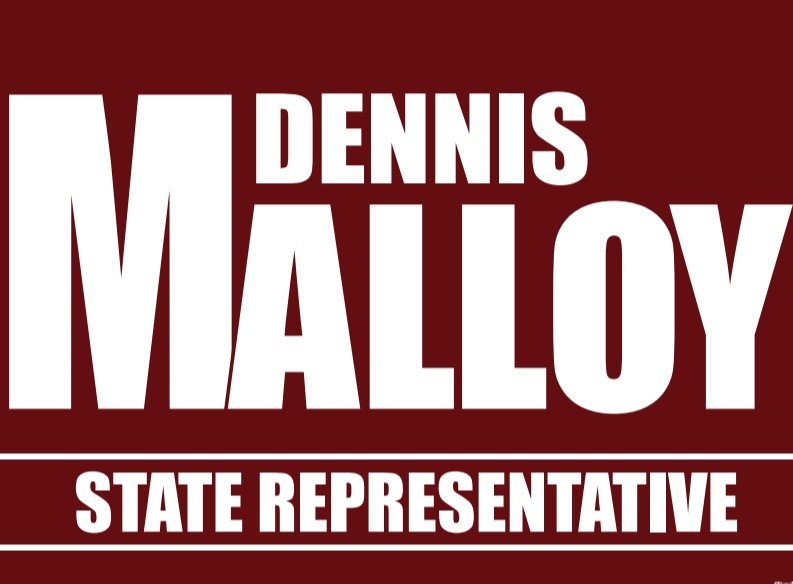Every year since the voucher program was established, it has run millions of dollars over budget because contrary to its intended purpose as a poverty program, the vast majority of applicants have been students who were already attending private school at no cost to taxpayers.
Representative Mel Myler (D-Hopkinton), Ranking Democrat on the House Education Committee, said “Republicans are clearly scared that public opposition to the school voucher program will grow even stronger if the financial impact to taxpayers becomes known. Subsequently, the Chair of Finance waived referral of the bill to the Finance Committee which means there will be no review of the fiscal impact on the state budget.
The New Hampshire house voted 190-189 to pass HB 1665 which raises the income cap for the EFA school voucher program to 500% federal poverty level, $150,000 for a family of four. The bill will now go to the NH Senate where there may be a chance to kill it.
Expanding the voucher program to households up to 500% poverty ($150,000) will make thousands of additional private school students eligible and balloon the cost of the program even further. Instead of having an honest review of what this bill would mean to taxpayers, Republicans have decided to stick their heads in the sand and hope that the public is too busy to pay attention.
This bill further breaks away from the voucher program’s intended purpose as a poverty program by raising the income limit to $150,000 annual income for a family of four, which is much higher than practically every other government assistance program. Republicans have even rejected efforts to provide school meals to students above 185% poverty. This voucher expansion is extremely misguided and the decision to skip Finance Committee review is the height of fiscal irresponsibility,” according to Representative Myler.
